10 Great Deduction Board Games
Everyone needs a great deduction game!
Deduction games offer the thrill of problem solving; using your logic and wits collaboratively or combatively to find the answer!
A few weeks ago we put together this list of some of our favorite social deduction games! These all involve some level of lying or deceiving your opponents and are often played out through conversation and accusation.
The below list will all be games that deal with pure deduction and logical reasoning without hidden roles where high levels of acting or deceiving other players is the goal. No need to worry about accusing grandpa of being the traitor here!
There are so many great deduction games out there, so this list is far from exhaustive! Did your favorite make the list? Are any of these games new to you? Let us know in the comments!
1. Kryptos
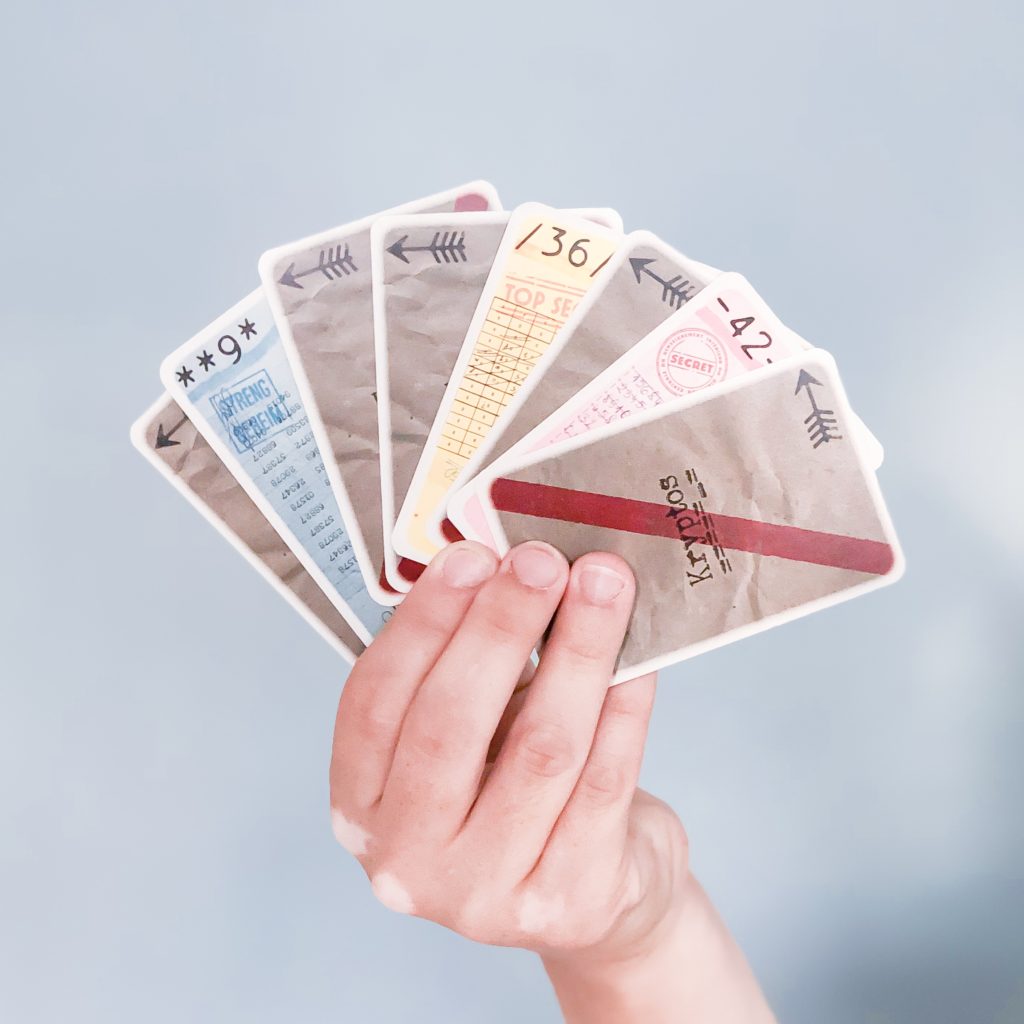
This unassuming card game has been a real treat to play!
It is a very simple, fast, puzzle type game. Three to six players will each have a hand of cards and will attempt to deduce the value of each of their opponents cards to earn points. Cards are numbered 1 to 48 with each card being one of four different colors.
Players use colored chips to indicate which colors they hold in their hands, but their opponents must point to specific cards and guess the number correctly to score points. When a card is guessed correctly, that player flips the guessed card around in their hand, facing out, so the whole group can see the guessed card while leaving the remaining unguessed cards hidden, facing towards them.
The person who is most effective at deducing the value of their opponents’ cards earns the most points and is the winner.
We love this game because it is pure logic with just a tiny dash of luck. All players have access to the same information, but you have to use that information to cleverly deduce which cards are in which players hands. As each player asks questions on their turn, (“Is this card the 23?” For example) everyone learns just a little bit more and can use that knowledge to make better informed guesses on their next turn.
It seems difficult but it is really quite simple, it just takes a bit of deduction! It’s a quiet, thoughtful game, and perfect to pull out for a few quick rounds.
2. Sleuth
A gem has been stolen, and it’s up to you to find it!
From a deck of gem cards, one will be hidden before the start of the game. The remaining gem cards are distributed amongst the players evenly, with any remaining flipped face up for the group to see.
You now know a little bit about what’s not missing, now you have to figure out how to find what is.
A second deck of search cards will be used to aid you in your search for the gem. On your turn you’ll choose one of the search cards to ask an opponent how many gem cards they have of that type shown. You’ll track the information you receive from them on your score pad. The more information you gather, the closer you’ll get to knowing what gem is missing.
If you think you know the answer, you can guess at anytime. Check the gem to see if you’re right, if you are, you win, if not, you’ll keep playing but you’ll now only be able to answer questions.
This game has a great classic feel. What I love most about it is that it is a simple and streamlined deduction game. There’s no board or fiddly pieces to worry about. Just a couple decks of cards and your ability to use the information you have to find the information you need. There is a bit of chance involved with the search cards, you may not always be able to ask the questions you’d like, but the mechanisms are simple enough while keeping the game a pleasant challenge that you can introduce it to new players and get playing in minutes. If you loved Clue growing up like I did then you’ll most likely enjoy Sleuth.
3. Cryptid
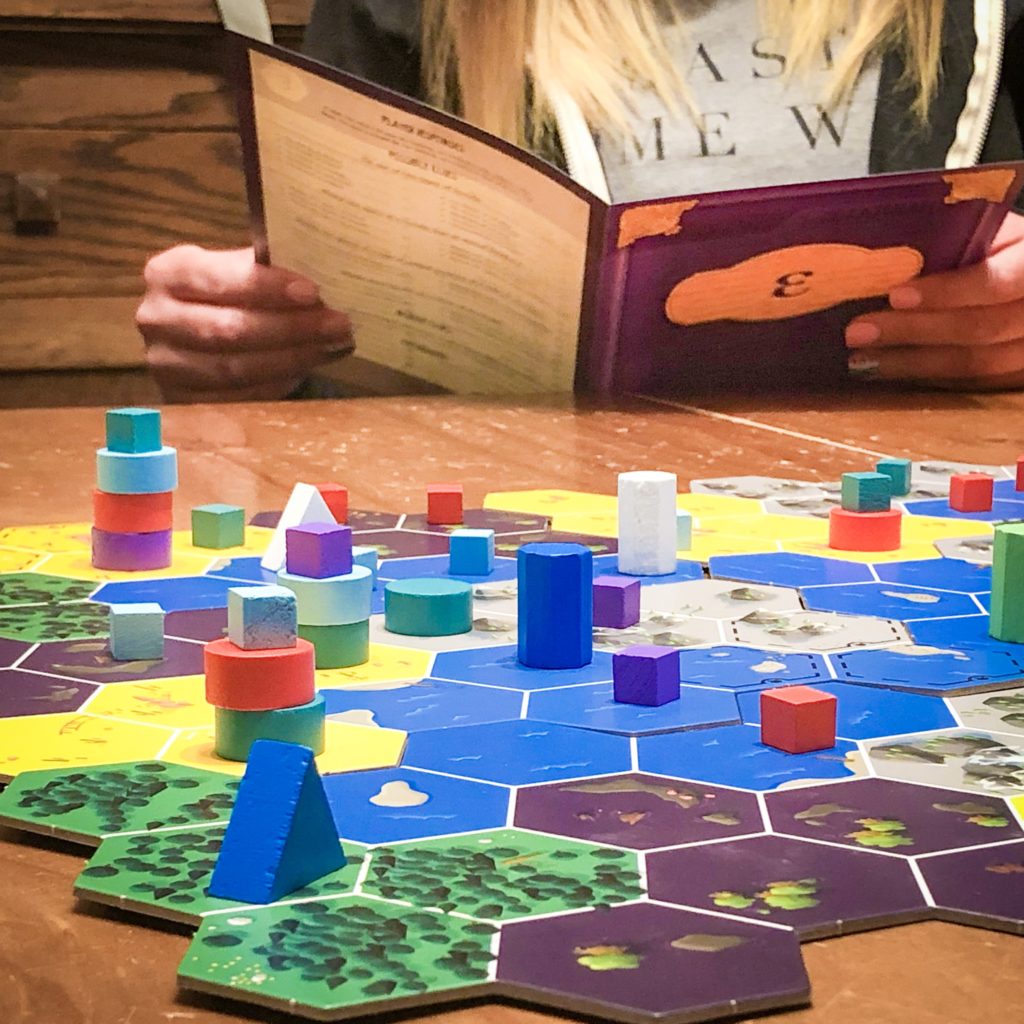
I love this game! Seriously. It is such a pure, simple deduction game. No bells, no whistles, just you and your brain using logic to find the answer first. This is much like Sleuth above, but with a little more pizazz in production that is sure to excite every player.
Players take on the roll of cryptozoologists all searching for the location of an elusive creature’s habitat. With each player having just one clue for where that habitat may be, they will have to deduce the clues of their opponents in order to find the location. When all of the clues are combined, they point to a single, solitary spot on the map where the creature lives.
This is one of the best deduction games I have played in a very long time. Plus, good news, you can play with two, making it a great date night-in option!
To read our full review of it, click HERE!
4. Alchemists
In Alchemists, 2 to 4 players will compete as alchemists to discover the secrets of the mystical arts.
Earn knowledge by mixing ingredients and testing results to deduct the correct ingredients for a variety of potions. Then, publish your correct theories to earn points and increase your reputation in alchemy.
We do not get this game to the table enough. That’s mainly because it takes quite a bit of time to play, (around 2.5 hours!) and it isn’t the easiest game to learn. But once you do, it is incredibly satisfying and a joy to play.
It has a little bit of everything for the more experienced, strategy loving gamer. Hand management, worker placement, drafting, and, at it’s core, logical deduction.
The theme integrates so wonderfully that you’ll really be feeling like a budding alchemist as you work towards deducing alchemical secrets and attempt to publish your theories before your opponents to earn wealth and fame.
It uses a smart phone app to randomize the rules of alchemy for each game so every play will feel fresh and challenging. If you like a heavier game with lots to strategize and mull over, Alchemists is the game for you!
5. Decrypto
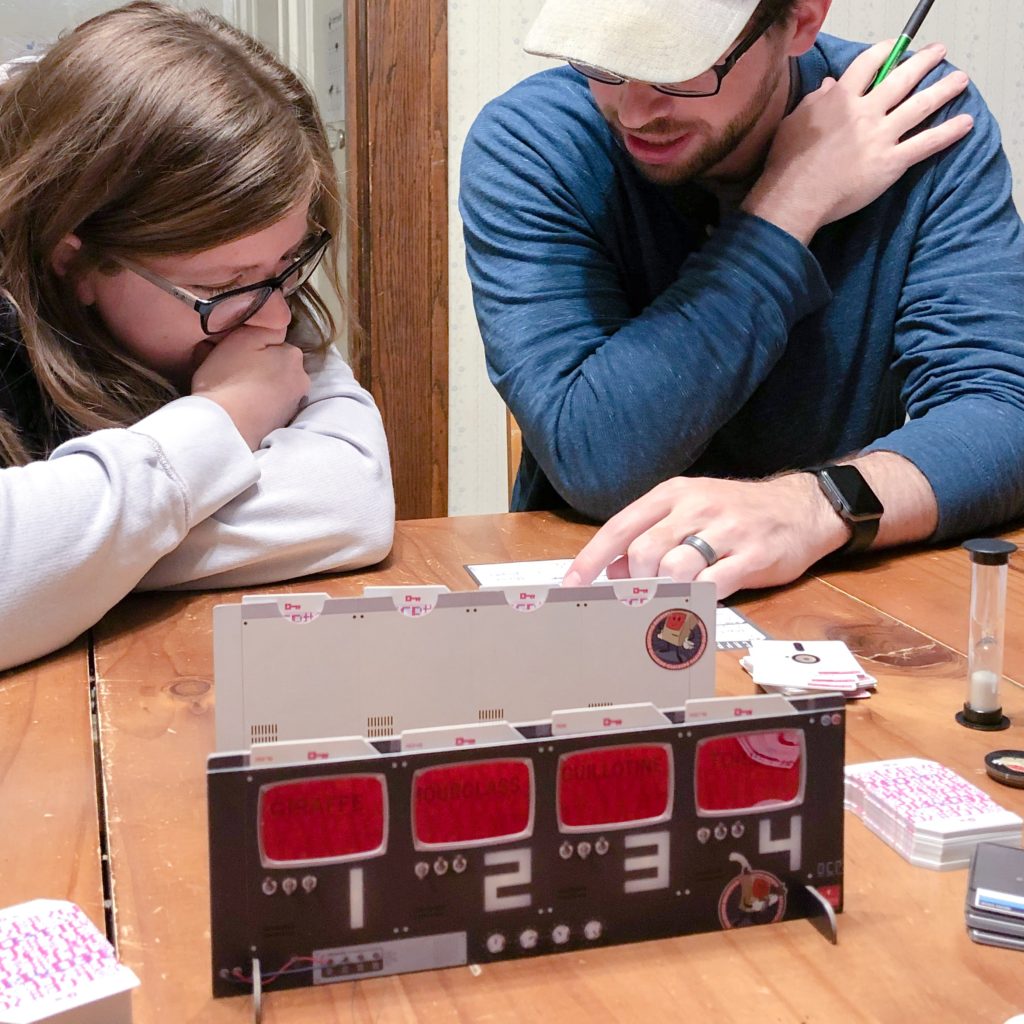
One of our favorite new games!
Players compete in two teams to correctly interpret coded messages presented by their teammates while also attempting to intercept and break the codes of the opposing team.
Four cards are slid behind a numbered screen so that everyone on the same team can see the words on their cards, yet they are hidden from opponents. Each round, a teammate will take a code card that shows three numbers, 1-4, that tells them which of their three words they need to give a coded message for.
Their teammates must be able to correctly guess the words from the coded message or else they fail that round.
Meanwhile, the other team is listening to the coded message and will attempt to intercept the code. Each round this becomes easier and easier as they have more words that help them understand each of their opponents’ cards. So the players giving the coded message must use trickier clues so that their code cannot be intercepted, while their teammates can still understand the message.
It is a lot of fun and will be a hit with anyone who loves to read the thesaurus! And definitely a must for fans of Codenames.
6. Sherlock Holmes
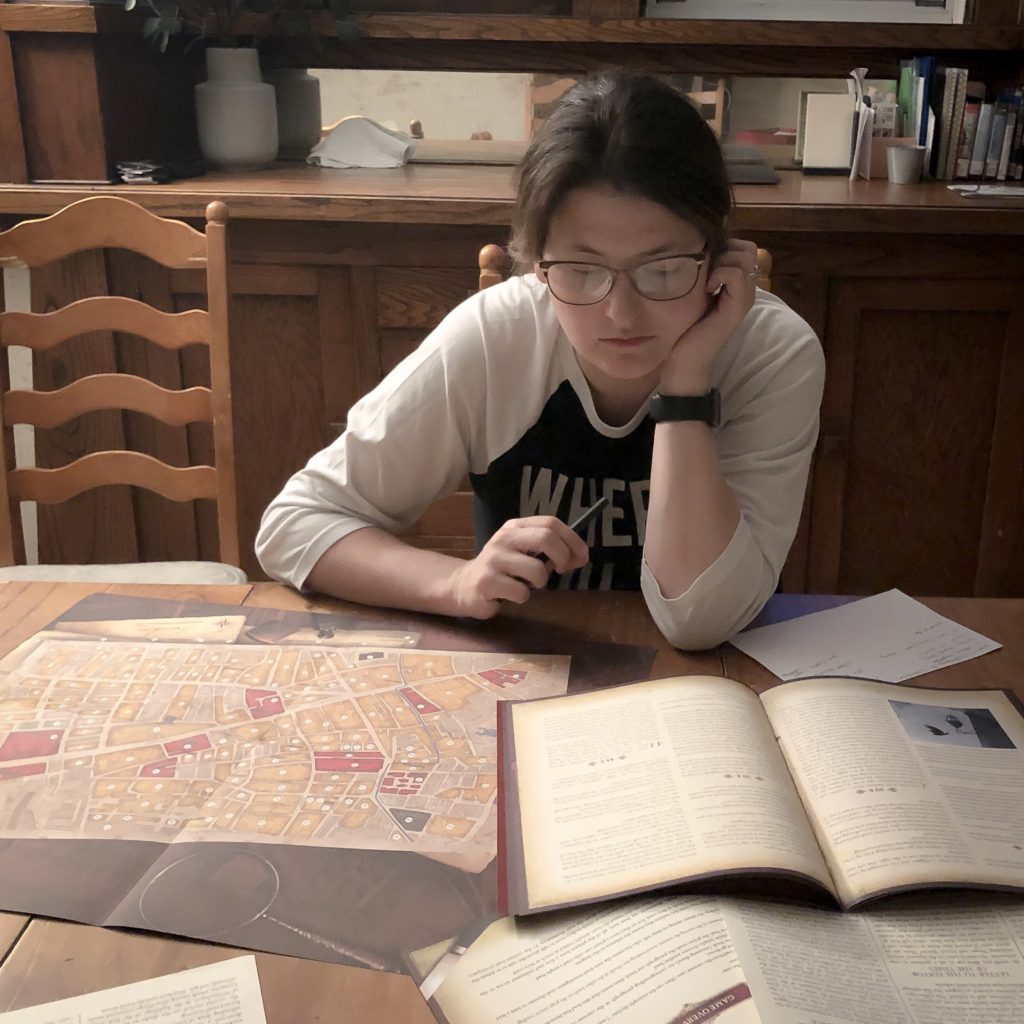
It’s elementary my dear!
Actually, it’s anything but, though it is a lot of fun!
If you’ve ever wanted to see if you are as smart as the great Sherlock Holmes, then this is the game for you. We call it a game, but it really feels more like an experience, to be honest.
Each box of Sherlock Holmes has a collection of cases that you’ll attempt to crack. The better you do, the higher your score. Everything reads like a Sherlock novel but here you’ll be calling the shots. You’ll begin by first getting introduced to the mystery you have to solve, from there what you do is up to you. Will you go to the scene of the crime to investigate? Talk to the witnesses? Speak to the head of Scotland Yard? Or maybe go visit that man from the shop just down the road from where the crime took place; you saw his ad in the newspaper, he might know something…
Whatever you decide, use the provided map and directory to locate the section of text that you’ll need to read to find out what you learned from your choices. Once you’ve gathered all the facts, open the envelope and solve the case…or not. You’ll also be able to read how Sherlock did and the steps he took to solve the mystery.
With no luck involved whatsoever, this isn’t a game as much as it is a challenge to your mental ability and I promise you it is oh so very fun. The game is afoot!
7. Hanabi
Cooperation is key in Hanabi as you and up to four of your friends are working together to put on the best firework show.
From a deck of numbered cards featuring five different suits, players will play cards from their hand to the center of the table in sequential order by suits. Sounds simple right? Oh wait, I forgot to mention that you won’t be able to see what cards you have in your hand, just what everyone else has in theirs.
Players will hold their cards with the values facing away from them, towards the group. On your turn you may either give another player a hint about what is in their hand, discard a card from your hand, or play a card to the center of the table, adding to the firework show.
The game ends if an explosion occurs after multiple errors, all five firework suits have been played, or the last card is drawn from the deck. Score is tallied by adding the highest value card in each of the firework suites.
This is a fun small-box game to have on your shelf. Perfect to pull out as a light filler as its easy to teach and quick to play. And of course, what better game to play on the Fourth of July?
8. Love Letter
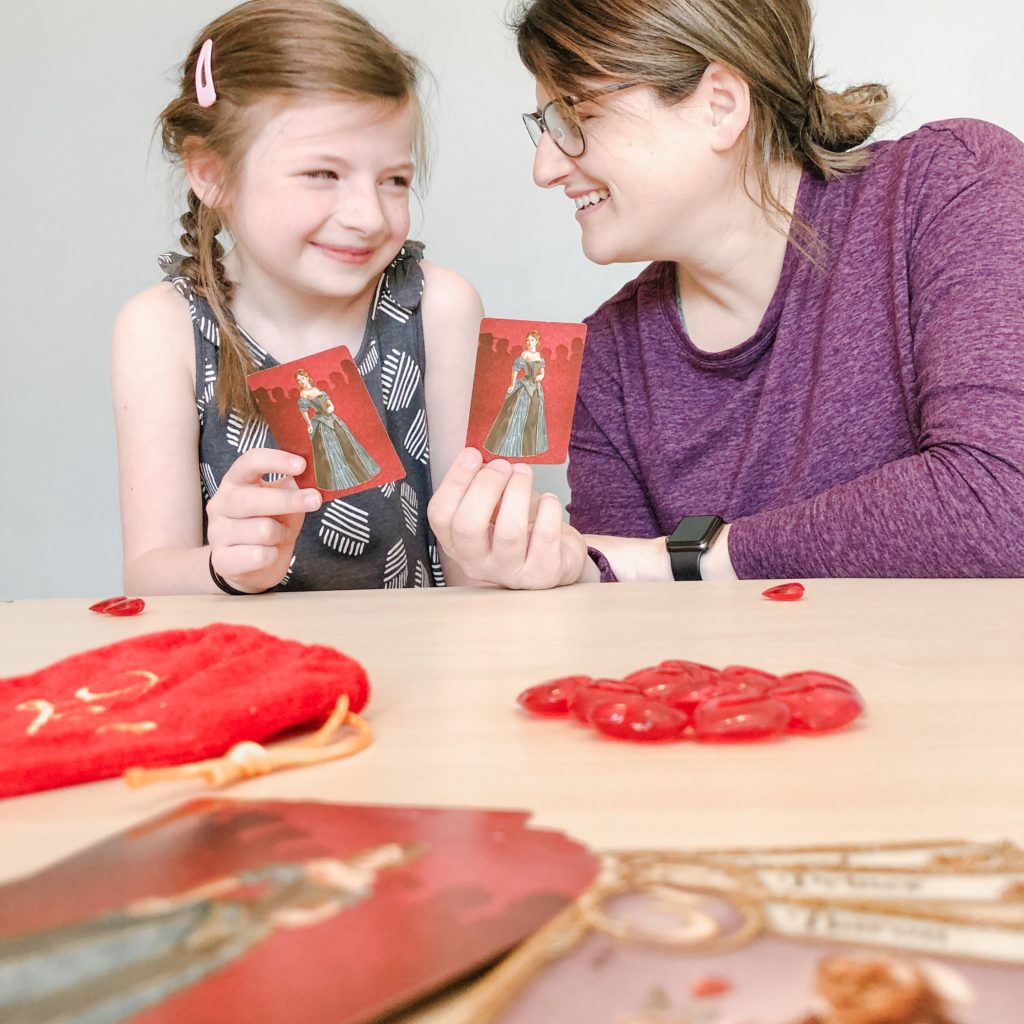
Another perfect small-box game is Love Letter.
We have been playing Love Letter for years and it is still just as fun, especially now that our daughter (7) is old enough to start playing with us!
Everyone plays as eligible suitors seeking to woo the princess by delivering her their romantic love letter. Your goal is to eliminate all of the other players so that your letter reaches her first.
This is a game of deduction with just a dash of luck. Love Letter consists of just 16 cards. Everyone begins the game with one card in hand. On your turn, you’ll draw a card and then play one of your two cards, attempting to expose or eliminate other players from the game. Each card has a specific power that allows you to do different things. The higher the number on your card, the more powerful it is, but also, the bigger target it’ll place on your back.
Packaged in a cute little bag (or box, but I love the bag!) Love Letter plays quick and is an essential micro-game.
9. Lord of the Rings: The Confrontation
For a great back and forth battle for two players, check out The Lord of the Rings: The Confrontation!
Each player will control a team of 9 characters; one player controls the Fellowship, attempting to maneuver Frodo into Mordor to destroy the Ring, while the other player controls Sauron and his evil forces. Each character has their own unique power that players will have to determine how to utilize in this tight asymmetrical game as they move around and battle each other on the map. Armed with a deck of cards to resolve these combats you’ll employ both your powers of deduction and a little bit of bluffing in order to strategize your way to victory.
An oldie, but a goodie! This is one of the best two player games in our collection. It’s a small box game that has a surprising amount of depth and strategy to it. Each game plays quickly, making it a great filler, but it’s also very addicting! So you may be playing multiple times in a row as you and your opponent swap sides to play each team. Best part, if you’re a fan of the novels or movies you’ll enjoy the highly thematic nature of the game as well!
(This game is currently out of print, but can sometimes be found at second hand shops or through local board game swaps!)
10. Spector Ops
Intruder Alert! Intruder Alert!
A secret agent has broken into a top secret facility! You must stop them before they complete their mission and escape!
Spector Ops is a hidden movement game where one player plays the lone secret agent that has infiltrated the facility. Moving in secret and using the skills and tools available to them, their goal is to retrieve three mission targets and escape alive.
The rest of the players are trying to hunt down this agent, working together to take the intruder out before they can escape.
Each turn the secret agent will secretly move on the board, marking their location on their player sheet, carefully avoiding the hunters. If they pass through their line of sight, they must indicate their position.
The hunters then move, either on foot or by vehicle, using their skills and abilities to try and find the agent. Each time a hunter gets the agent in their line of sight they can do damage to the him.
The game is a fun experience for 2 to 5 players and is beautifully produced with a large grid board and high quality miniatures. If you enjoy Scotland Yard, you’ll love this tricked out Sci-Fi game!
* This post contains affiliate links at no cost to you. To read my full disclosure policy click here.*


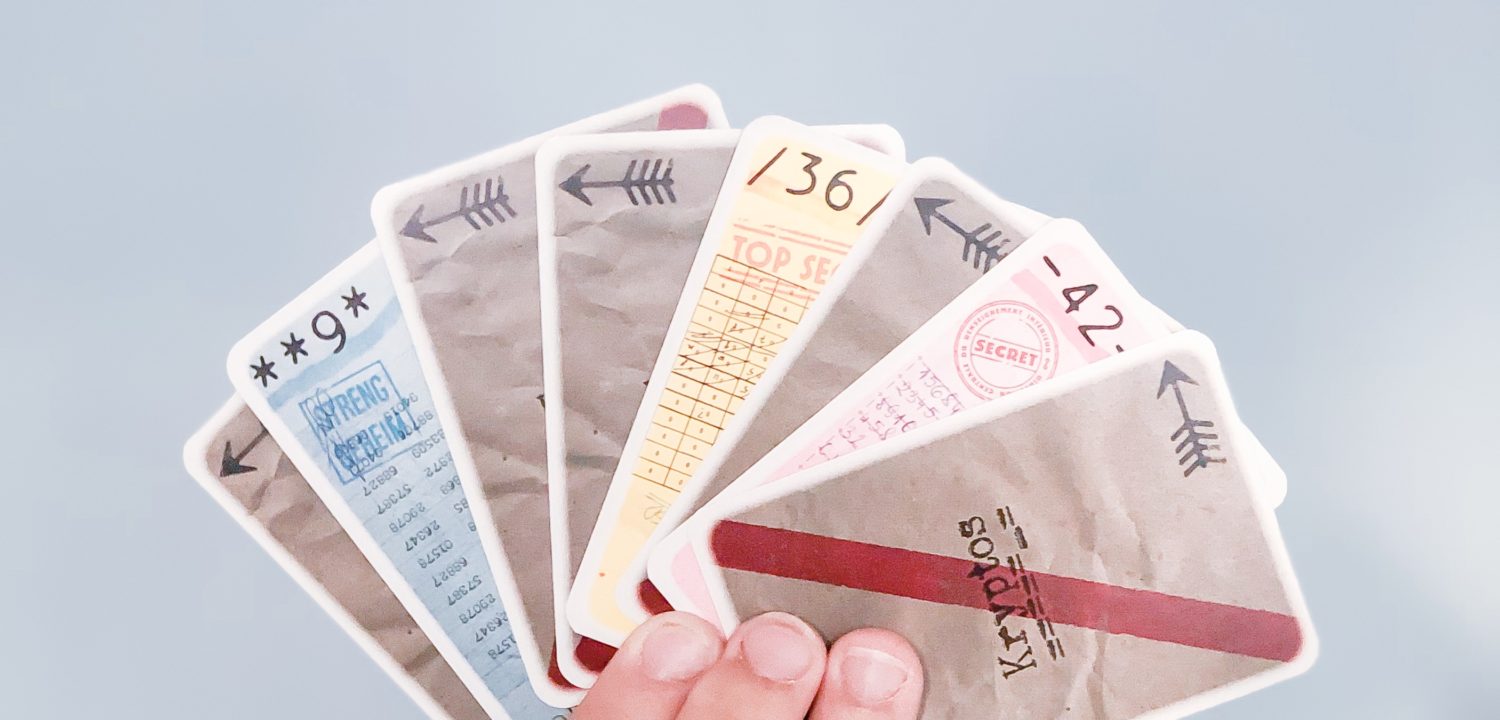
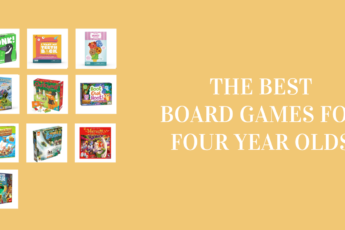

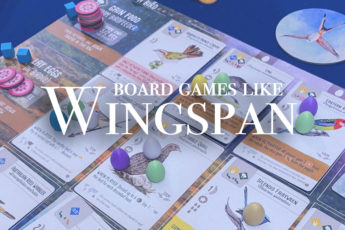





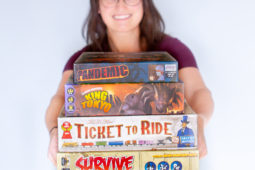
Leave a Comment